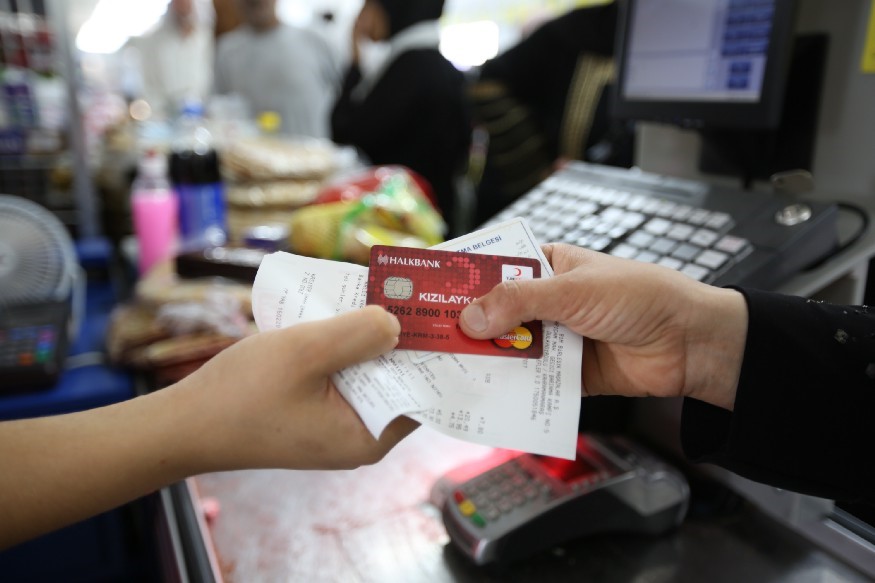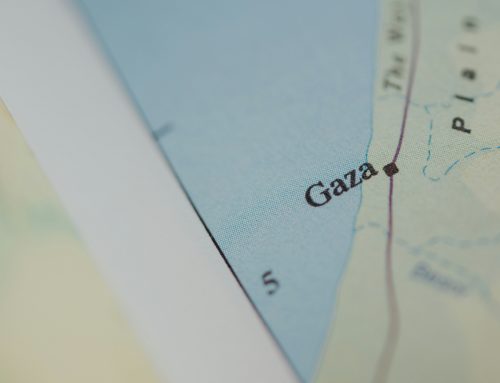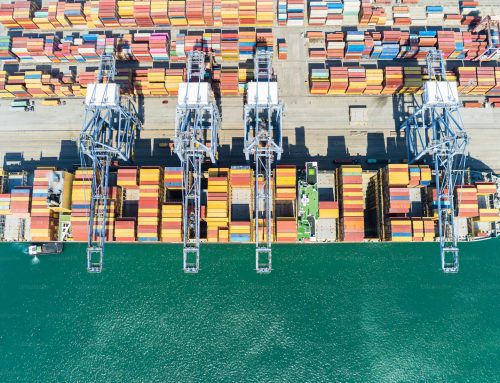16.12.2021
By Amin Maghsoudi
Postdoctoral Researcher at the Humanitarian Logistics and Supply Chain Research (HUMLOG) Institute at Hanken School of Economics.
The number of refugees and internally displaced persons (IDPs) is in the rise with the record of 82.4 million in 2020 according to UNHCR. This means that there is more need of assistance to such affected populations. Humanitarian assistance is traditionally delivered through in-kind with the direct distribution of physical goods and services reaching to beneficiaries. The aid is also distributed through cash-based assistance (CBA) as an alternative. CBA gives more dignity and freedom choice to beneficiaries, while at the same time provide a more timely, cost-efficient and effective response, particularly in devastated areas where the access to both people and market is a huge challenge. CBA can be delivered through different means, not limited to, but some include physical cash, debit and smart card, vouchers, and mobile money. The recent pandemic also proves that the digitalization of humanitarian assistance must be a priority as more restrictions are enforced related to social-distancing policies. However, understanding and applying the appropriate use of digital CBA in the context where not everything is in place, is a big challenge.
DigCBA project contributes to the responsible use of digital CBA in refugee crisis context through the design, development and evaluation of evidence-based frameworks to support policy makers with the selection and use of the most suitable digital technology for delivering CBA to refugees. The responsible use of digital CBA entails ensuring policy makers such as humanitarian organizations, governments and donors make informed decisions about the use of digital technology in CBA while accounting for the contextual characteristics of the target community, and the technology readiness of involved actors. Specifically, the project takes a stakeholder-centred approach addressing the needs of beneficiaries, humanitarian organizations, international and local non-governmental organizations, donors, and business partners.
DigCBA aligns with several UN SDGs. DigCBA aims to improve the effectiveness, timeliness, efficiency, and fairness of distributing grants and allowances to the people in-need, thus contributing to SDG #1 No poverty and SDG #2 Zero hunger. Considering criteria such as sustainable agriculture, health, and strengthening regional markets, the outcome of this research will provide a road map on the use of innovative approaches for supplying cash assistance transparently where it is needed most. Moreover, DigCBA contributes to SDG #3 Good health and well-being, SDG 4 Quality education, and SDG 5 Gender equality as CBA has been referred to as one of the cornerstones of social protection efforts. Furthermore, DigCBA contributes to SDG 8 Decent work and economic growth: the results from this project will help local markets and economic growth as the project will restructure and relook innovative approaches to cash assistance in a more structured format considering the context of target locations.
DigCBA project is funded by Norwegian Research Council (project number: 325437 – FORSKER21) and coordinated by Dr. Hossein Baharmand and his time at Universitetet i Agder (UiA). The key project partners are HUMLOG Institute at Hanken School of Economics, Norwegian University of Science and Technology (NTNU), Westfälische Wilhelms-Universität Münster (WWU), and Makerere University based in Uganda. The project consists of an interdisciplinary team of humanitarian operations researchers with focus on ICT, supply chain management, information systems and organization studies. The project has also a strong practitioner orientation and thus collaborating with multiple actors such as Norwegian Refugee Council (NRC), Danish Red Cross, World Food Program (WFP), and Oxfam Australia. The project has started in December 2021 for a duration of Three Years.
People at HUMLOG Institute that are involved on this project: Wojciech D. Piotrowicz (PI), Graham Heaslip (Advisor), Amin Maghsoudi (Project Researcher), and Russell Harpring (PhD candidate).





